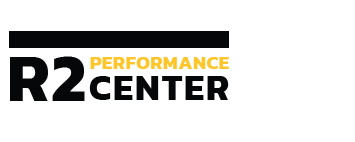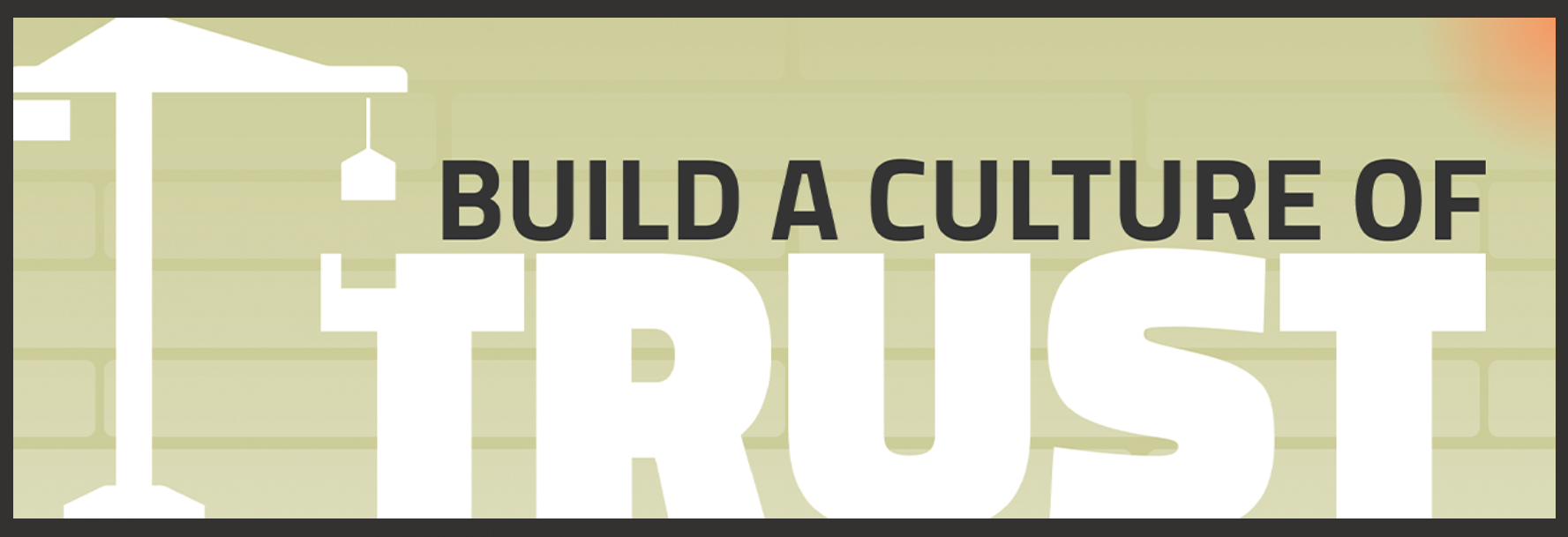

Team Cohesion: Build a Culture of Trust
A team’s culture can directly influence its effectiveness. One of the most important elements of a team’s culture is how much trust the group has in one another. This culture of trust is built upon one or more of five building blocks.
Building Blocks of Trust
Reliability: Be dependable and consistent to create trust. Group members depend on one another confidently. They are consistent in quality of achievement, accuracy, or performance.
Honesty: Tell the truth to develop trust. Group members are genuine, truthful, sincere, and fair. They are free from deceit or fraud, and are honorable in principles, intentions, and actions.
Good Will: Trust is built by acting in good faith towards others. Group members are friendly, show kindness and a desire to help others. They have cooperative feelings or attitudes toward one another.
Competency: Doing your job well can establish trust. Group members possess the required skill, knowledge, or qualification. They are efficient and capable of doing the job.
Openness: Be vulnerable to grow trust in a relationship. Group members show vulnerability by disclosing or revealing knowledge, thoughts, or even feelings. They are receptive to outside knowledge, information, or others while also welcoming discussion, criticism, and inquiry.
10 Strategies to Increase Trust in Your Group
- 1. Create a psychologically safe environment. Admit when you are wrong and forgive mistakes. Respond positively to doubts and questions.
- 2. Recognize excellence. Appreciate when team members excel and empower future efforts.
- 3. Allow people to experience controlled challenges. Assign difficult but achievable tasks.
- 4. Encourage decision making autonomy. Give some choices or options for what to do or even how to do it.
- 5. Increase communication. Practice active listening. Be reflective and responsive.
- 6. Facilitate whole-person growth. Develop the person professionally and personally.
- 7. Build relationships gradually. Trust takes time and must be earned.
- 8. Show vulnerability. Open up about some of your emotions, what your faults are, and don’t hesitate to ask for help.
- 9. Make decisions thoughtfully (based on what you believe is right). Ensure you make clear decisions, give yourself time to think, and have the courage to say “no.”
- 10. Be consistent. Stay true to yourself and your decisions unless the situation adjusts.
If you need help designing a team-building activity or professional development session where you can apply these strategies, reach out to your nearest R2 Performance Center.
Resources
Watch VideoDownload Infographic
MORE SKILLS
